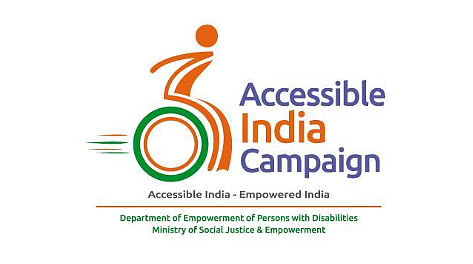
Indian government officials and representatives from non-government organisations gathered in mid-September to discuss a new campaign to boost accessibility for people with disabilities (PwDs).
Outlined in a release from the Indian Government’s Department of Empowerment of Persons with Disabilities (DEPwD), the nation-wide campaign aims to provide an “inclusive society in which equal opportunities and access is provided for the growth and development of PwDs to lead productive, safe and dignified lives.”
“In furtherance of the vision of the Department, it is imperative to launch a nation-wide awareness campaign towards achieving universal accessibility for all citizens including PwDs in creating an enabling and barrier-free environment.”
With India being a signatory to the United Nations Convention on the Rights of Persons with Disabilities (UNCRPD), the Accessible India Campaign aligns with government obligations to ensure people with disabilities have access to information, communication technologies and services, along with further basic needs such as transport, physical environments and emergency services.
DEPwD Ministry of Social Justice and Empowerment Joint Secretary, Mukesh Jain, has stated the “most important aspect [of the campaign] is the use of information and communication technology where government websites should have facilities like audio options and bigger fonts.”
The Indian government is also planning to improve access for blind or visually impaired people by providing audio description-enabled TV set-top boxes, text-to-speech functionality and screen reader support for government websites, as well as implementation of sign language on 25 per cent of TV programming for people who are Deaf or hearing impaired.
In line with Australia’s input towards improving accessibility in the region, the Accessible India Campaign follows a February MoU signing between the University of Melbourne and the Public Health Foundation of India which aims to improve disability and health programs through collaborative research efforts.
DEPwD will sign a memorandum of understanding (MoU) with the State to raise awareness of the campaign, followed by an action plan leading into 2015/2016.
Further information can be found in the Accessible India Campaign Strategy Paper [Word 33KB].
You may also like:
- Information on international access regulation covering the US, UK, Canada and New Zealand.
- Our page on Australian access regulation around TV, cinema, DVD, online media, digital technology and more.
- Digital technology access covering desktop, mobile, wearable, e-readers, gaming and assistive technology.
- Everything you need to know about web accessibility, including web browsers, online media, social media and policy.
Top of page

